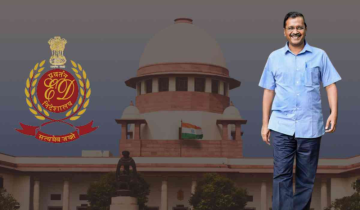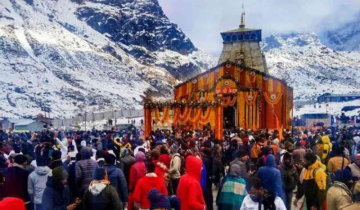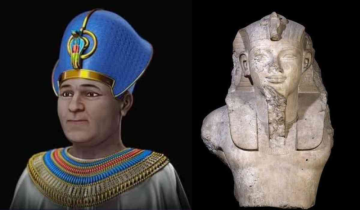Sonam Wangchuk, an Indian engineer, innovator, and education reformist, is the inspiration behind Aamir Khan's character Phunsukh Wangdu in "3 Idiots." Born in a small village near Leh, Ladakh, his remarkable contributions have left a lasting impact.
Early Life and Education
Sonam Wangchuk's journey began in the rugged landscapes of Ladakh, where the absence of formal schools in his village forced him into homeschooling by his mother. His thirst for knowledge led him to Srinagar, Jammu and Kashmir, where he faced language barriers and discrimination. Undeterred, he travelled to Delhi, pleading his case to enrol in Vishesh Kendriya Vidyalaya. He finished his B.Tech. in Mechanical Engineering from the National Institute of Technology Srinagar as a result of his perseverance. Later, he pursued a master's degree in Earthen Architecture in France, broadening his horizons and fueling his passion for sustainable solutions.

Founding SECMOL
In 1988, Wangchuk co-founded the Students' Educational and Cultural Movement of Ladakh (SECMOL). This movement emerged as a response to the alien education system imposed on Ladakh, aiming to empower local students. The SECMOL campus, nestled against the backdrop of the Himalayas, stands as a testament to innovation and sustainability. Powered by solar energy, it avoids fossil fuels for cooking, lighting, and heating. Here, students learn not only from textbooks but also from the land, their heritage, and each other.
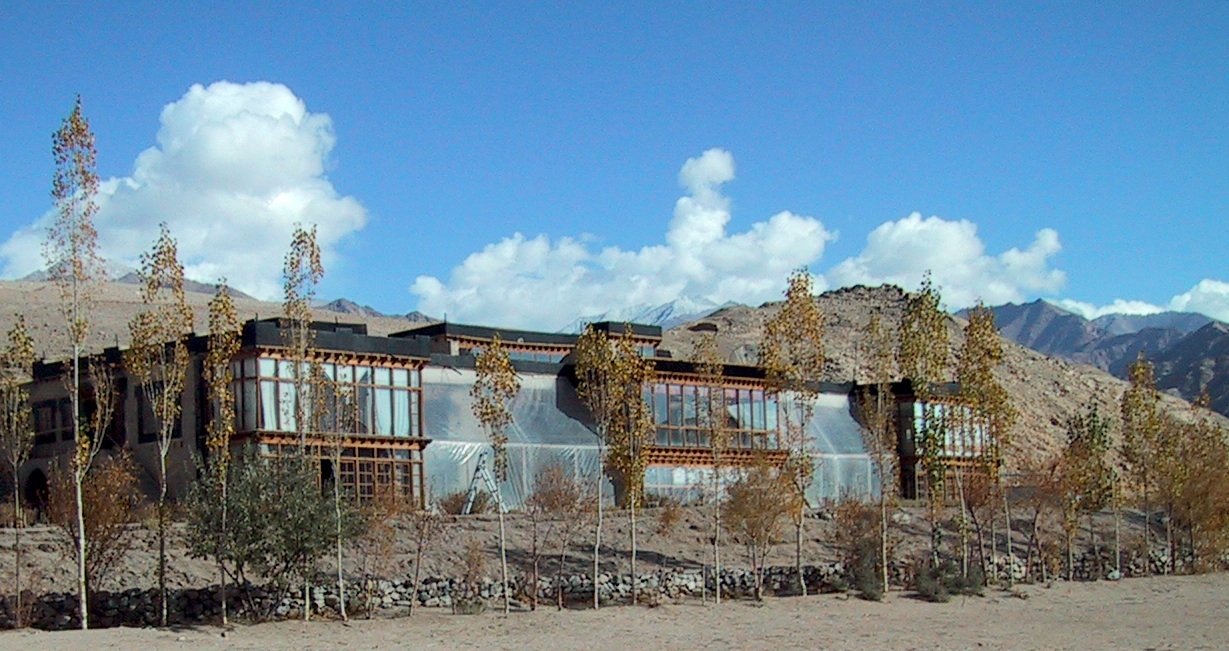
Operation New Hope
In 1994, Wangchuk played a pivotal role in launching Operation New Hope. This collaborative effort sought to transform the government school system in Ladakh. By infusing creativity, practical skills, and cultural awareness into the curriculum, they ignited a spark of curiosity in young minds. Education became a tool not just for exams but for life itself.
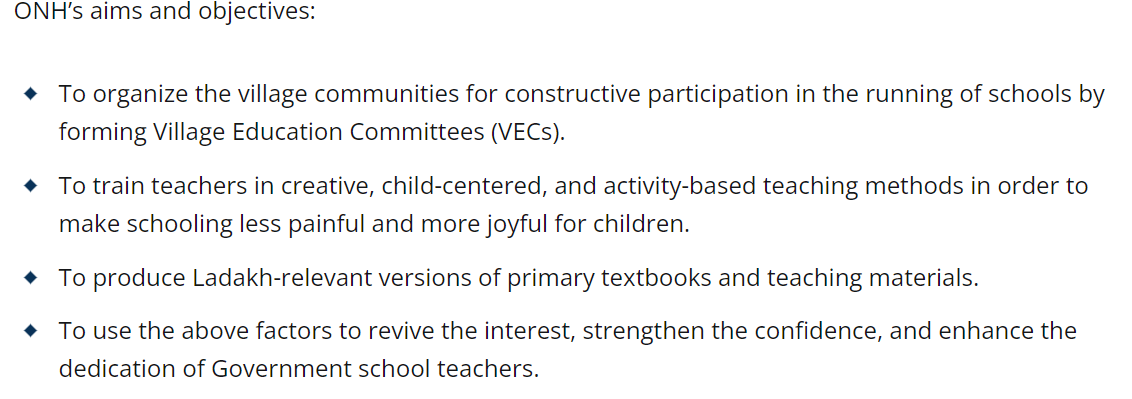
Ice Stupa and Environmental Innovation
Wangchuk's most iconic invention, the Ice Stupa, emerged from his concern about water scarcity in Ladakh. These towering ice structures, resembling ancient stupas, store winter water and release it during dry months. They quench the thirst of parched fields, turning barren landscapes into fertile oases. Wangchuk's vision transformed adversity into opportunity, proving that nature itself holds the solutions we seek.
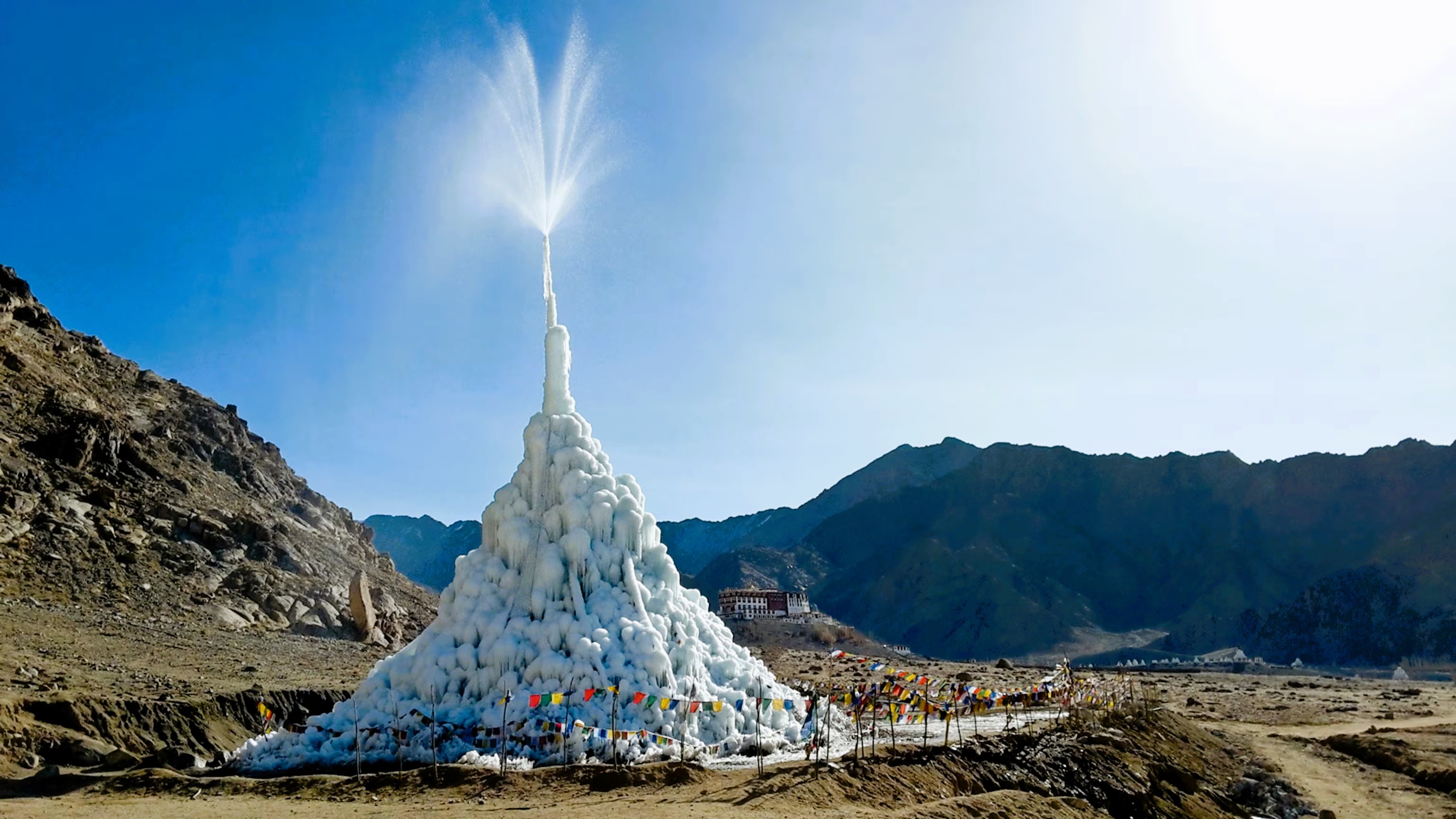
Advocacy for Ladakh's Statehood
The advocacy for Ladakh's statehood has recently been invigorated by the actions of Sonam Wangchuk, a respected engineer and education reformist. His decision to undertake a 21-day hunger strike in Leh has brought significant attention to the cause, uniting various groups within Ladakhi society, including women's organisations, in a show of solidarity.
Wangchuk's peaceful protest is not merely a personal endeavour but a reflection of the collective will of the people of Ladakh. They are united in their desire to protect their cultural identity and promote sustainable development. The demand for statehood represents a deeper yearning for empowerment, enabling Ladakhis to have a decisive role in managing their natural resources, preserving their environment, and shaping the policies that affect their day-to-day lives.
The resonance of the hunger strike with the Ladakhi populace is a testament to their resilience and commitment to non-violent advocacy. It sends a compelling message to the nation's leaders about the importance of acknowledging and respecting Ladakh's unique position within the Indian Union. The ongoing struggle for statehood is a clear indication of their resolve to ensure that Ladakh is recognised and respected, with its distinct identity enshrined and its voice amplified in the corridors of power.
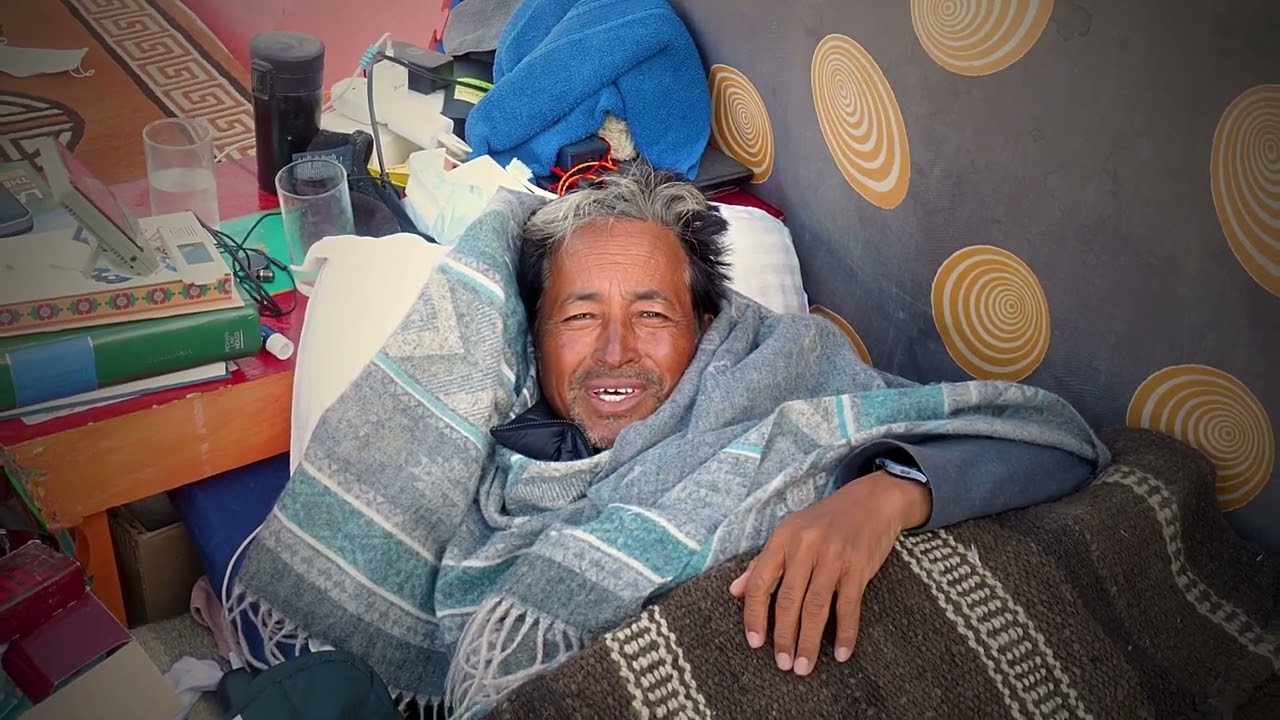
SECMOL's Impact on Ladakh's Youth
SECMOL’s influence extends far beyond its geographical boundaries. Graduates become change agents who take education to the most remote areas of Ladakh. Much like characters in an intricately woven tale, these individuals navigate life’s labyrinth with purpose, guided by the luminosity of acquired knowledge.
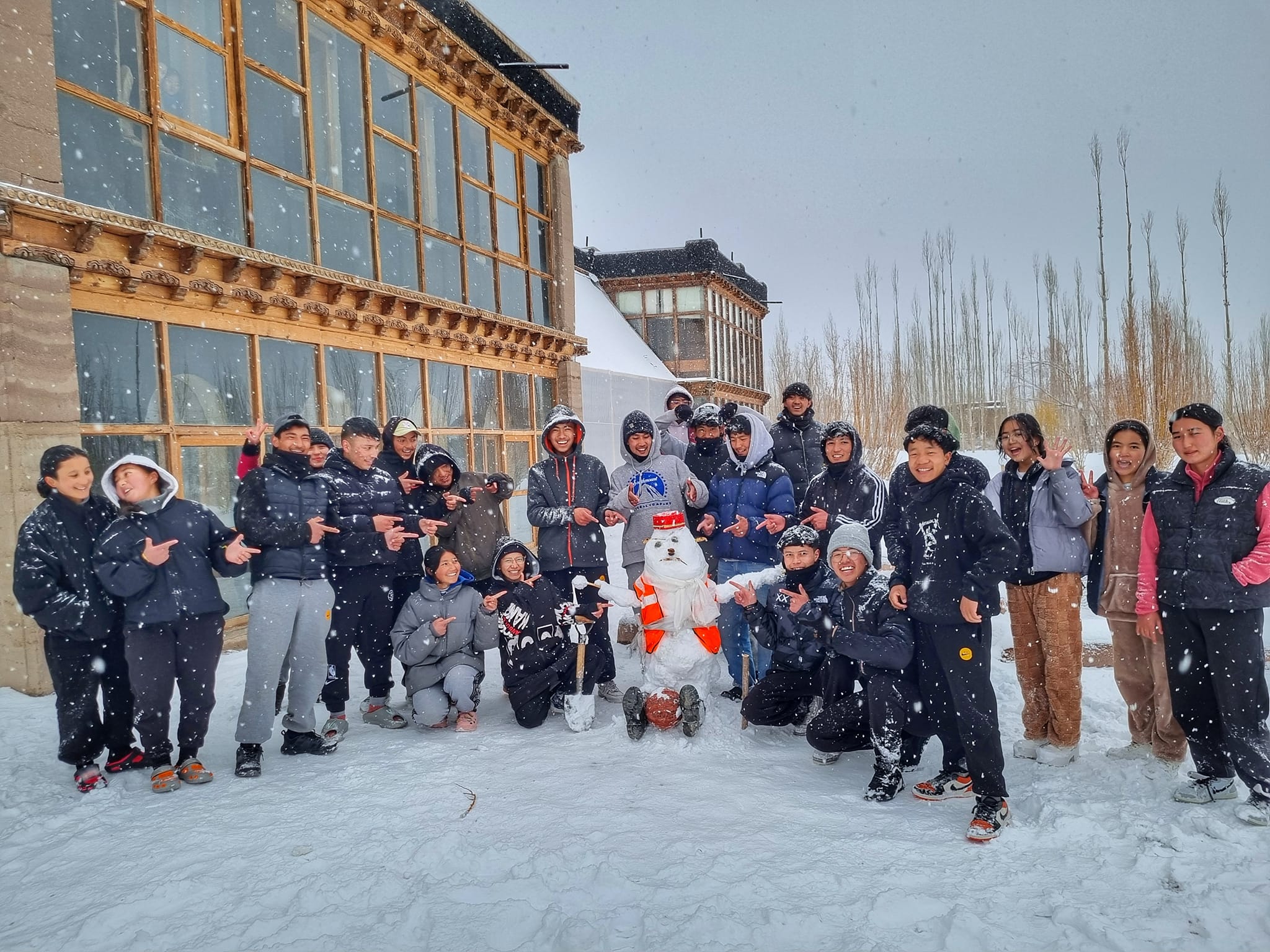
Awards and Recognition
Wangchuk's impactful work has garnered numerous accolades, including:
- Ramon Magsaysay Award (2018): Recognising his selfless dedication to education and community.
- Global Award for Sustainable Architecture (2017): Celebrating his innovative solutions for a changing world.
- Rolex Awards for Enterprise (2016): Honouring his Vision and Impact.
- Fred M. Packard Award (2016): Acknowledging his transformative work.
- Real Heroes Award (2008): A testament to his unwavering spirit.
- Ashoka Fellowship for Social Entrepreneurship (2002): Welcoming him into a global network of changemakers.
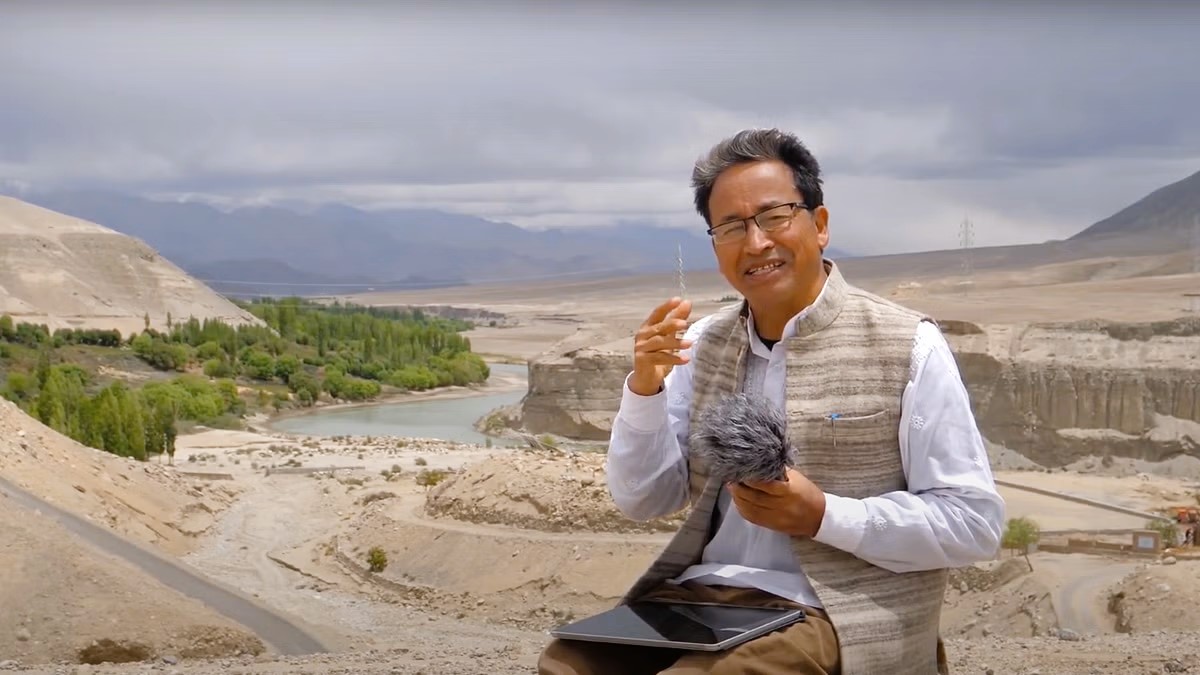
Conclusion
Despite the acclaim of “3 Idiots,” Wangchuk remains grounded. He couldn’t fully connect with the character portrayed in the film, emphasising that he is “a lot more beautiful” than the celluloid version. His fight for justice continues, whether through hunger strikes for Ladakh’s statehood or advocating for constitutional safeguards.
Sonam Wangchuk's journey is a beacon of hope, illuminating paths for generations to come. His legacy transcends borders, reminding us that education, innovation, and compassion can reshape our world. As the sun rises over the Himalayas, it reflects the brilliance of a Ladakhi engineer who dared to dream differently.
Copyright 2024. All Rights Reserved Powered by Vygr Media.





